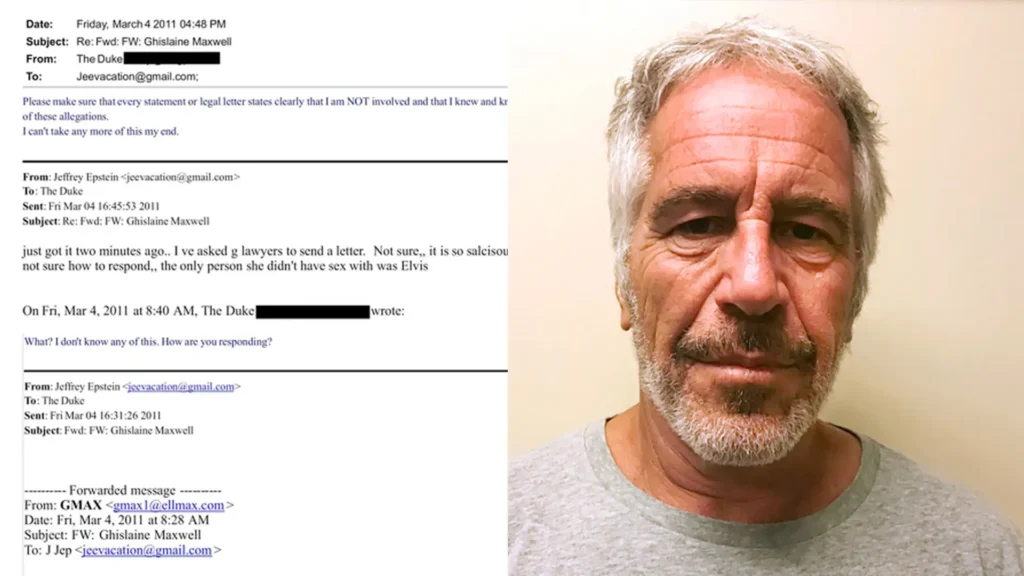US lawmakers have released over 20,000 pages of documents from the estate of the late financier and convicted sex offender Jeffrey Epstein, offering new insight into the wide network of individuals who crossed his path. While the documents mention numerous prominent figures, none of the appearances alone indicate wrongdoing. Instead, they help map the extent of Epstein’s connections across politics, academia, media, and business.
Among the most notable names is Michael Wolff, the American journalist best known for Fire and Fury, his bestselling account of Donald Trump’s early presidency. Emails released in the files show Wolff exchanging information with Epstein during the 2016 US election cycle. In one exchange, Wolff appears to offer strategic advice on how Trump might respond to questions about Epstein—discussions Wolff has since acknowledged publicly, noting that he interviewed Epstein while researching his books.
Also mentioned is Larry Summers, former US Treasury Secretary under Bill Clinton. The documents include several email exchanges showing regular dinners and attempts by Epstein to connect Summers with influential global figures. Summers’ representatives have previously said he regrets maintaining contact with Epstein after his first conviction.
The files further reveal correspondence between Epstein and Kathryn Ruemmler, former White House counsel under President Obama. The two discussed political controversies, including the Trump-Stormy Daniels case. Ruemmler, now a senior executive at Goldman Sachs, has stated she regrets having known Epstein.
Billionaire investor Peter Thiel also reappears in the latest batch, with Epstein inviting him to his Caribbean island in 2018 a visit Thiel says never happened. Thiel has publicly described his brief interactions with Epstein as a lapse in judgment.
Celebrated linguist Noam Chomsky is named as well, mostly in personal or academic correspondence. Chomsky has previously explained that Epstein helped facilitate money transfers on his behalf, insisting no financial benefit came from Epstein.
The documents additionally reference publicist Peggy Siegal, who Epstein asked to help counter accusations from Virginia Giuffre. Siegal says she never acted on his request.
As the archive continues to be examined, the disclosures add depth to the public’s understanding of Epstein’s far-reaching social network without asserting criminal involvement by those named.

